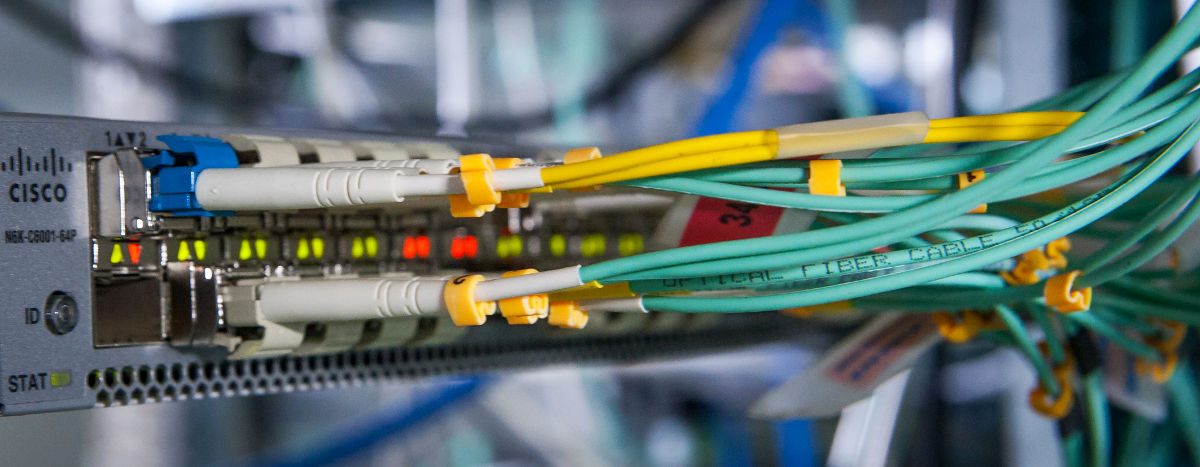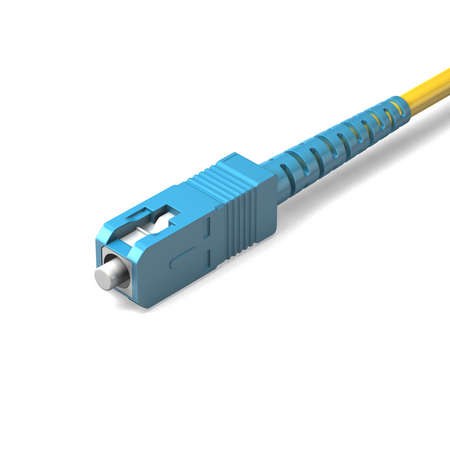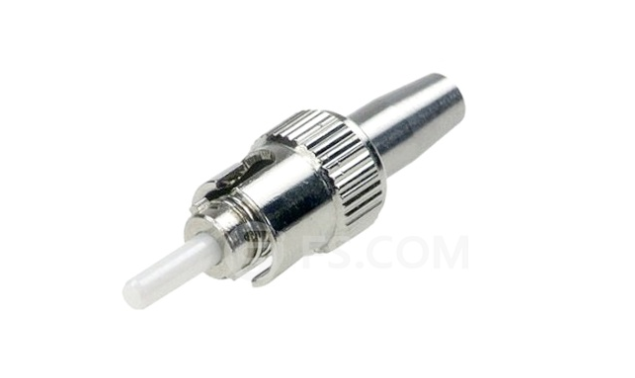There are many different fiber optic connection methods, connector types, and ways to terminate them, such as SC connector and ST connector. Single-mode and multi-mode connectors create differences in the types and methods used as well. If you plan to work with fiber optics, you should perform in-depth research about fiber before attempting to terminate it. In fact, it is best to take a course in fiber optic cable termination or learn from an expert. This post will tell you how to choose ST vs SC connector when terminating fiber and adding connectors.
In addition to the two main connector types of ST vs SC connector, there are many other connection types that have been developed through the years. But to limit the scope of this book to what is most widely used on data networks today, you need to be thoroughly familiar with the ST vs SC connectors.
ST vs SC Connector: Which to choose?
SC type connector is a snap-in connector, meaning that you place it in a receptacle, such as on a network switch, and click it into place; this is also called stick and click. The SC connector is shown in the figure below.
SC connector is a relatively new connector-type technology, but are in popular use today. Part of their popularity is that SC connector is cheaper and easier to use than ST connectors, and less prone to damage. You will most likely see these types of connections from large core switches with fiber uplinks to smaller closet switches in campus network.
As we know, SC patch cable is with SC fiber connector which was invented by NTT. It is widely used fiber optic patch cables. SC fiber optic patch cable has low cost and good durability, SC fiber optic patch cables is with a locking tab on the cable termination, it is a push and pull type optical connector. The common SC patch cable we have seen, there are SC to FC, SC fiber optic cable, SC to ST, and SC to LC.
ST connector is another type of fiber connection. Like the BNC connector for coaxial cable, it has a bayonetbased mounting end and a long cylindrical ferrule, which is spring-loaded sheath used to hold the fiber in place. You insert the connector into a receptacle and twist it to lock it into place. Stick and twist considered an older technology, but is still widely used on data networks, and its install base is broad. An ST connector is shown in the figure below.
Real-world production environments (especially when working with Cisco Systems, Nortel Networks) do not include ST in new implementations. In most cases, the only way to use this order technology is with a mediation device, such as a transceiver, which has one end that plugs into an attachment unit interface (AUI) port and an ST-based mounting connection on the other end.
Conclusion on ST vs SC Connector
To facilitate installation of our active fiber equipment, we support a large selection of fiber optic patch cords. The always in stock fiber cables are with SC connector, ST connector, LC connector and FC connector type, simplex and duplex. Our patch cords range from 0.5m to 10m and have almost all available combination of optical connectors. The most available lengths are 1m, 2m, 3m, 5m, and 10m patch cords. All single-mode patch cords are UPC polished (Ultra Physical Contact), while the multi-mode cables are PC polished. All fiber patch cords are manually tested and verified and each patch cable is individually sealed and labeled with measured optical performance.We offer competitive price for fiber optic patch cable, our company has strictly quality control system and high quality products,the custom fiber patch cable is fast delivery to worldwide customers.
Related Article: Which Patch Cable Should I Choose for My Optical Transceiver?
How Many Fiber Connector Types Do You Know?
How Much Do You Know About Fiber Connector Cleaning?


